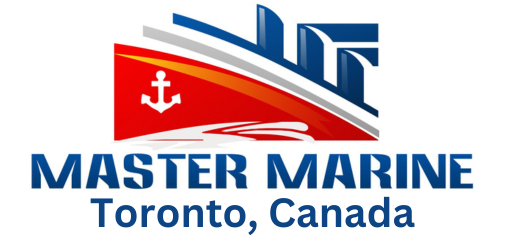Pre-shipment inspections, commonly referred to as PSI, are strongly encouraged due to their ability to control supply-side management, and ensure the procurement of cargo as per its desired state. Most cargo, ranging from industrial goods,to household cargo, is shipped to North America, but manufactured or sourced from all over the world. The world is a small place, and getting even smaller. Maintaining strict quality control over this process allows companies and consumers a reliable delivery of products, with tight control and standards being upheld.
REASON 1: HELPS ENSURE QUALITY OF PRODUCTS
The purpose of a PSI is to ensure that goods are delivered in the same manner as originally consigned, with customer specifications and certain standards being met. The pre-shipment inspection process entails a physical inspection of the goods at the manufacturing site. An independent, 3rd party quality control professional arrives to carefully evaluate the entire shipment, check for discrepancies, and visual inconsistencies. Inferior and / or damaged goods are quickly made known to the client, and the product is quickly removed or reworked for shipping purposes.
REASON 2: QUANTITY VERIFIED
On site, the quantity of the cargo present is verified against the documentation (Pro forma invoice / Packing List) supplied by the shipper. The role of the quality control inspector is to minimize unnecessary loss and delays by overseeing the specifications of the packing list. For example, if the packing list states that 3 types of products are being shipped in 3 different cartons, then he/she accounts for all 3.
REASON 3: ENSURES CARGO ADHERES TO SAFETY REGULATIONS
The inspector checks the cargo, and its packaging to ensure that health and safety regulations are being met.The inspector is also able to assess whether any illegal or dangerous components might be included in the cargo.
REASON 4: FUNCTION & MECHANICAL TESTS CONDUCTED
These tests are a key component of pre-shipment inspections, designed to detect product functionality.
Functional tests can include checking the durability of a product, and also includes testing zippers, checking buttons and other fastens on clothing, for example. The mechanical test identifies damage to any motorized components of the cargo. As such, the inspector assesses the motorized function of a unit, checking that the product appears safe for use, and does not have any sharp / dangerous corners / areas/ edges.
Recently, we had an experience where a product (fan) was delivered to a customer. The fan was not working and appeared defective. The on/off and speed dials were not in English, nor was the instruction manual. To avoid an inconvenience such as this, is exactly the reason why pre-shipment inspections are encouraged. The inspector would have been able to detect all these defects, and the product would have been reworked so as to be customer friendly to where it was being exported: North America.
REASON 5: LABELING AND PACKAGING ARE SCRUTINIZED
On site, the inspector is able to check the labeling and packaging of the cargo, both often overlooked, but very valuable in preventing a product from being mishandled. For example, if a cargo contains fragile components, then the correct label allows handlers to know that it is to be handled gently. Similarly, cargo also needs to be packaged in a way that minimizes loss and damage.
Further, the origin country, destination, product type and name should be clearly seen on labels for all handlers between the manufacturer and consignee. If there are any oversights, the quality control inspector is able to assess them and ensure that the supply chain process continues to operate efficiently and effectively.
Overall, pre shipment inspections fill a crucial role in global trade by minimizing delays and loss, and ensuring transparency. They are required by certain countries on a regular basis, and are requested by other private customers or companies to verify product authenticity and as part of their overall quality control procedures.

